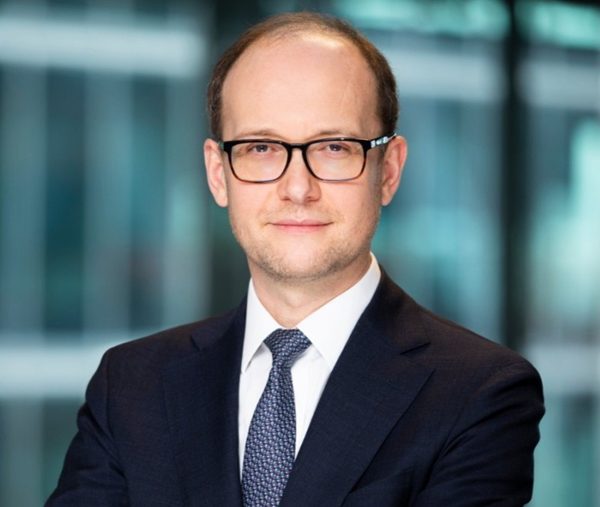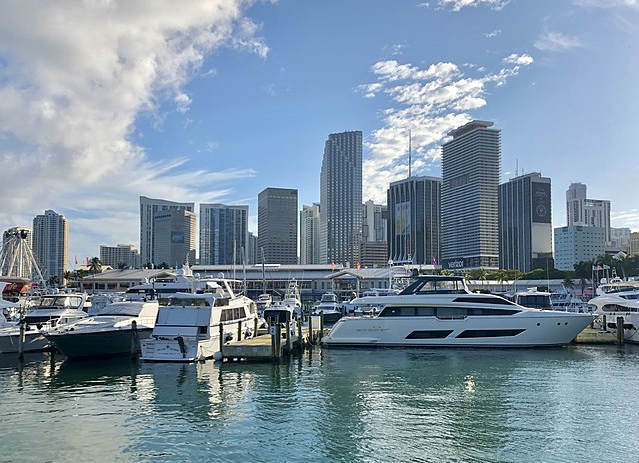ANALYSIS: Euronext reflects on landmark clearing migration from LCH

It is not quite a first but Euronext chief Stephane Boujnah, his global head of derivatives and post-trade Anthony Attia and the rest of the Euronext senior management can feel chuffed this week.
Speaking to FOW after Euronext announced on Tuesday the completion of the project, Attia said the initiative “went well this summer”, working with trade body FIA and the various clearing members involved.
“Now, everything is migrated so we don’t have any listed derivatives business with LCH SA anymore. We finished the migration on September 9 with the last set which was financial derivatives including CAC and AEX futures, index options and single name options.”
The transition of the group’s financial derivatives to Euronext Clearing from incumbent LCH, part of the LSE Group, was the third leg of the project that saw cash equities switch in November 2023 and Euronext’s commodity derivatives migrate in July this year.
Attia (pictured) continued: “Since then (September 9), we have been operating all of our derivatives markets with Euronext Clearing. That represents the end of the clearing migration that started more than three years ago and the end of the integration of Borsa Italiana.”
The full live running of the clearing house marks the culmination of a project that began in earnest when Euronext bought in April 2021 Borsa Italiana and its Italian clearing house CC&G from the LSE Group.
The next major step was Boujnah’s pledge in November 2021 to move the clearing of Euronext’s key markets off LCH and onto a beefed up CC&G rebranded as Euronext Clearing.
Speaking at a November 2021 press conference in Milan to announce the move, the chief executive and chairman of the managing board of Euronext said his decision to invest in Milan-based CC&G to make it a pan-European clearer was partly driven by his ambition to expand in derivatives.
Euronext said in late 2021 the total implementation costs relating to the Growth for Impact 2024 plan were estimated at €160 million (£135m) “of which one half will be in operating costs and one half in exceptional costs”.
And the investment Euronext has made in the central counterparty (CCP) should pay dividends over time, Attia argued: “In our industry, you don’t change CCP regularly; this is very different to upgrading a technology platform. There is a higher degree of complexity because you have the regulation and the requirement from banks and clearing members not to take any risks. And, because it is a heavy lift for clearing members, you have to be competitive in how you set up the value proposition.”
Attia said the Euronext senior management quickly realised they had to sell the idea of a new clearing house to clients and that it had to be different and better than what was already out there.
“This is how we positioned the programme, that clearing is not just a regulatory risk management service, it is also a commercial value proposition. From a value proposition point of view, we have worked from day one on what could be improved and what clients were expecting to enable us to leap-frog rather than just doing the same things as the incumbents,” Attia said.
Euronext sees a key advantage in the fact the group built its own clearing technology, said Attia.
“We have moved ahead on the technology as we developed a new technology and risk platform but we have also leap-frogged on the risk model where we moved to the VAR methodology. For our derivatives markets we have returned to the market 20% efficiencies on margins, which is based on the methodology and having a critical mass of products in the same default fund.”
Euronext Clearing offers portfolio margining for clients that hold correlated positions, calling margin on the clearing member’s net rather than gross exposure, which can mean serious savings.
Attia said one clearing service also saves clients money because they are not having to maintain interfaces and upgrade with various clearing houses, as Euronext members were previously required to do.
He added: “Before this migration, clearing members had to work with multiple clearing houses so this was extremely fragmented whereas now we have brought everyone together under one roof which creates cost efficiencies from one connectivity and one API etc.”
To be continued on September 18
Found this useful?
Take a complimentary trial of the FOW Marketing Intelligence Platform – the comprehensive source of news and analysis across the buy- and sell- side.
Gain access to:
- A single source of in-depth news, insight and analysis across Asset Management, Securities Finance, Custody, Fund Services and Derivatives
- Our interactive database, optimized to enable you to summarise data and build graphs outlining market activity
- Exclusive whitepapers, supplements and industry analysis curated and published by Futures & Options World
- Breaking news, daily and weekly alerts on the markets most relevant to you



